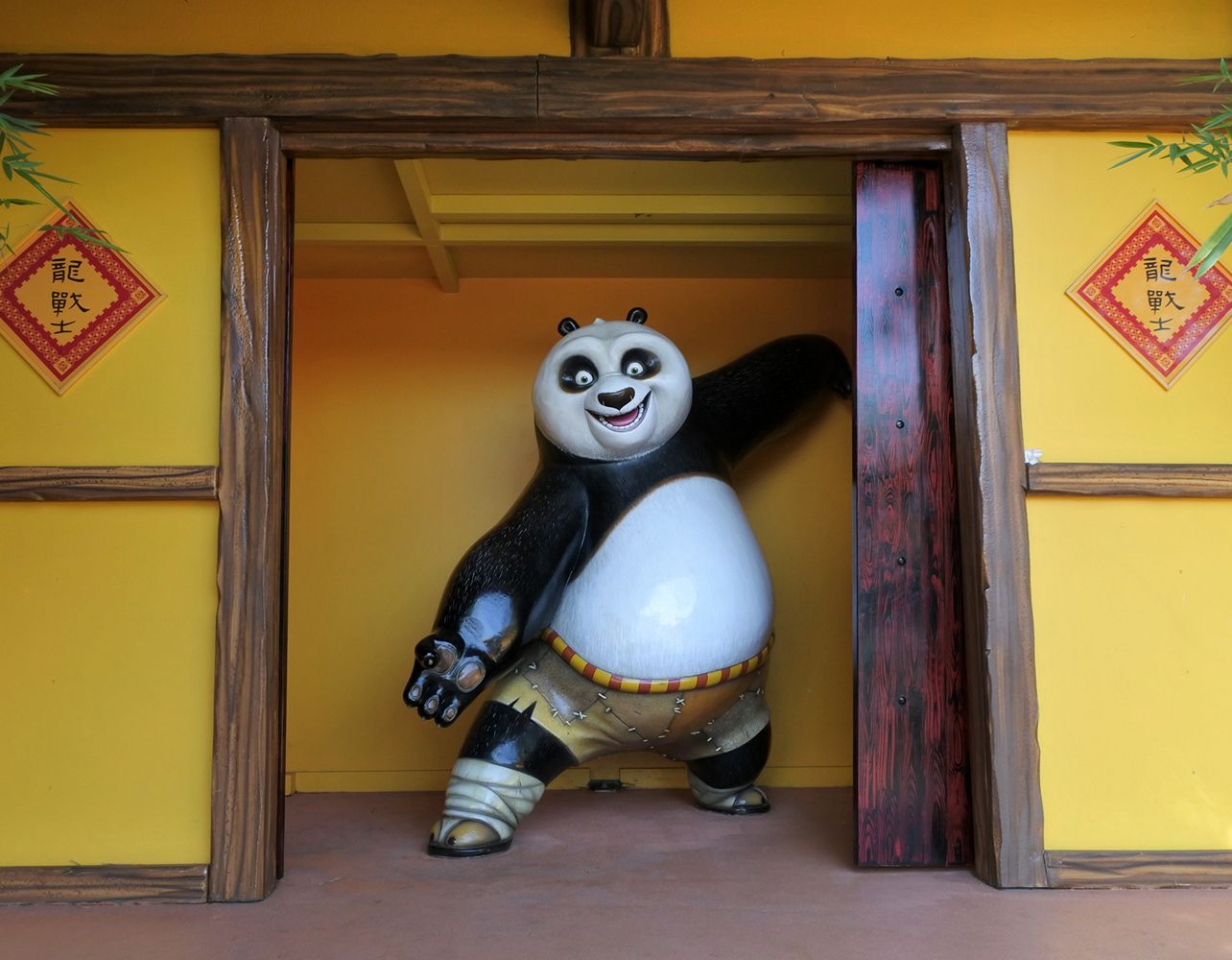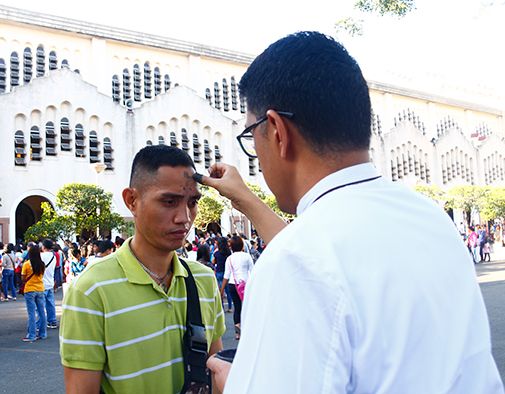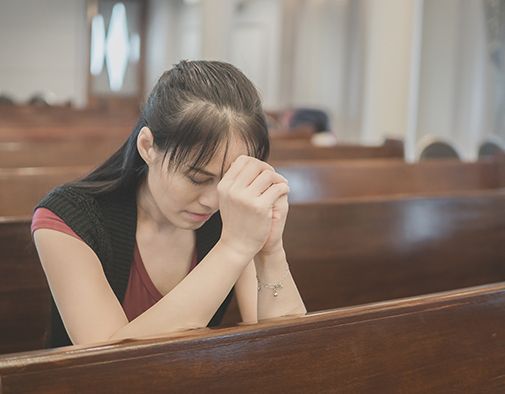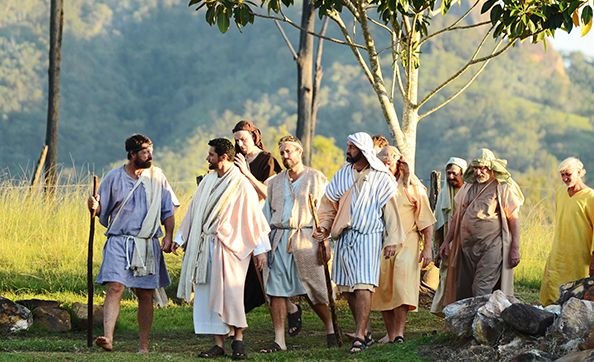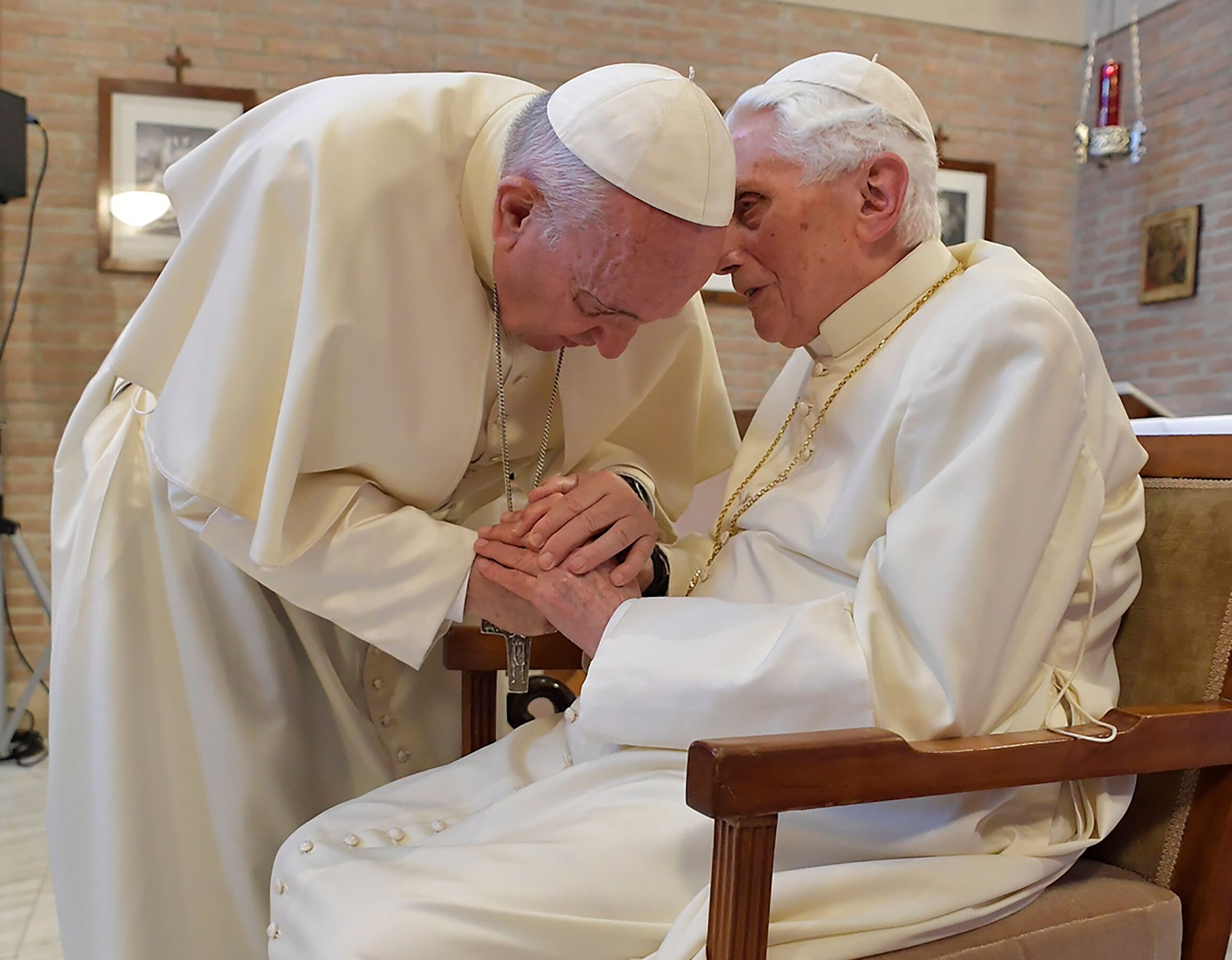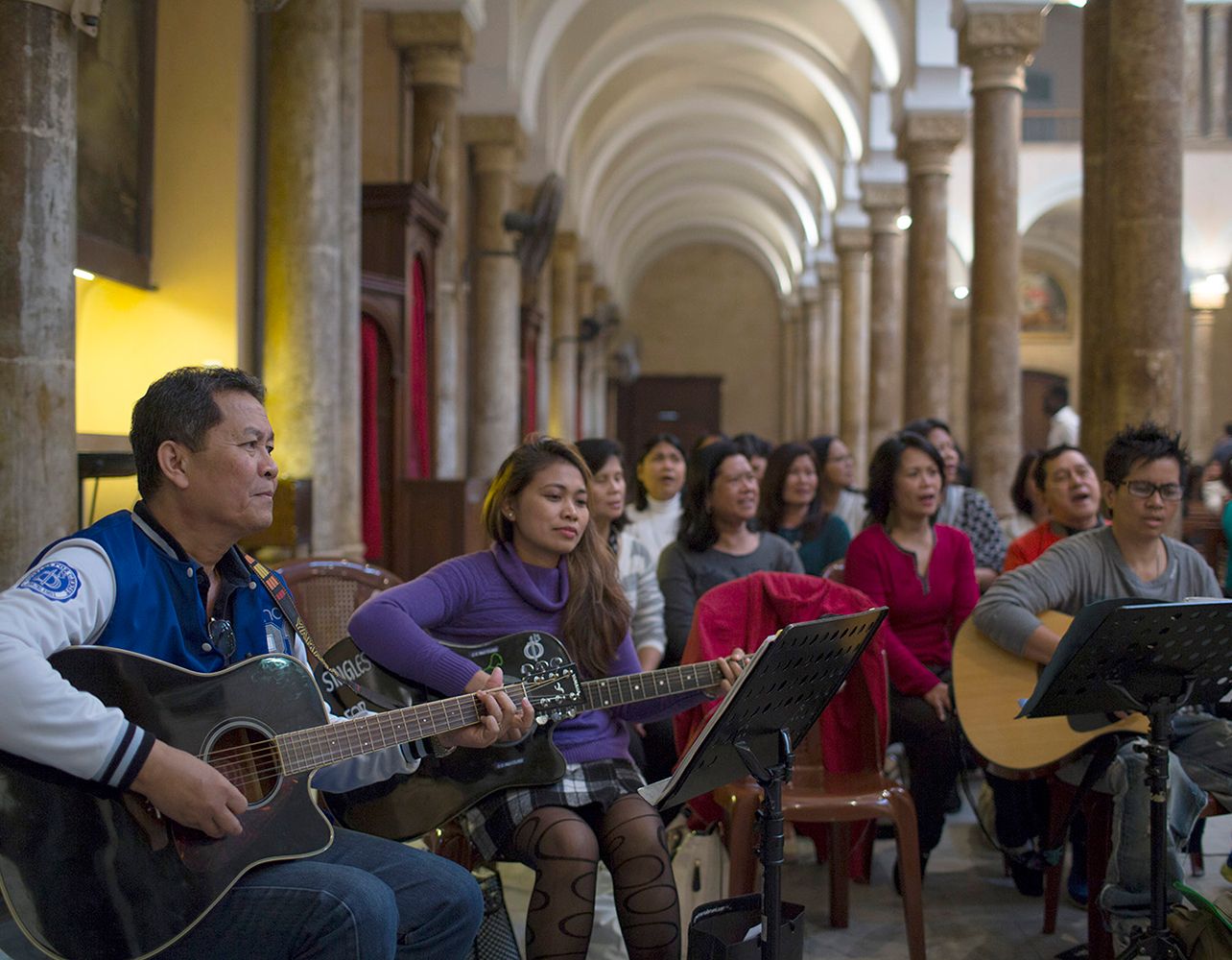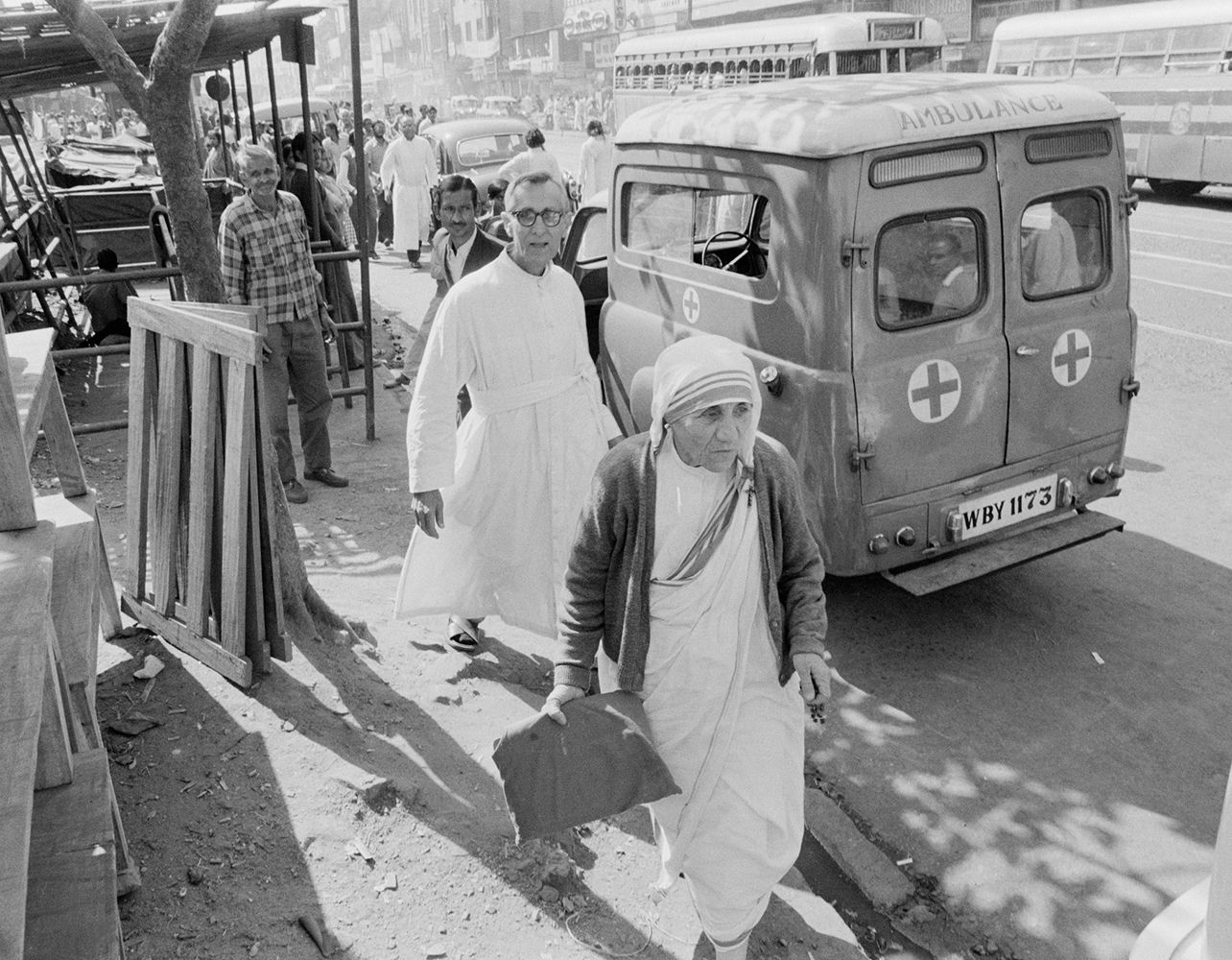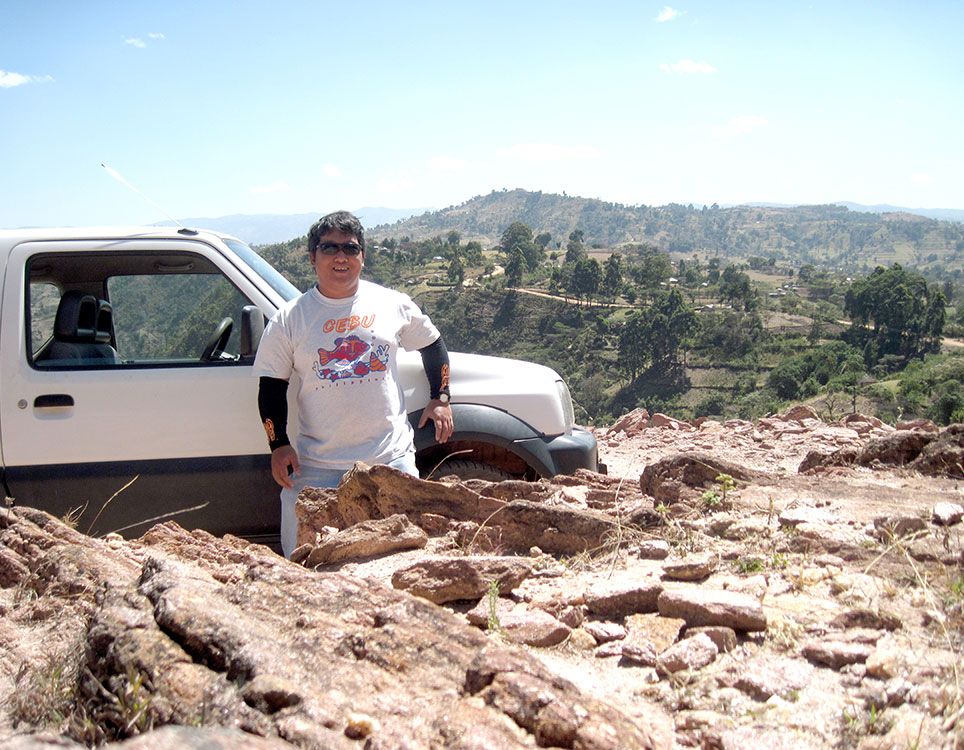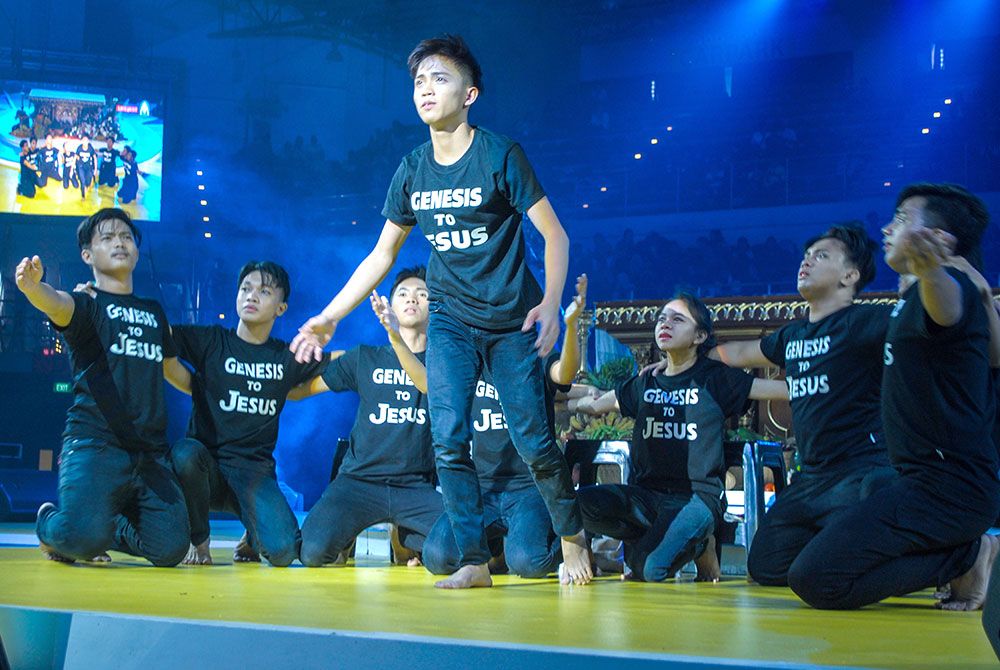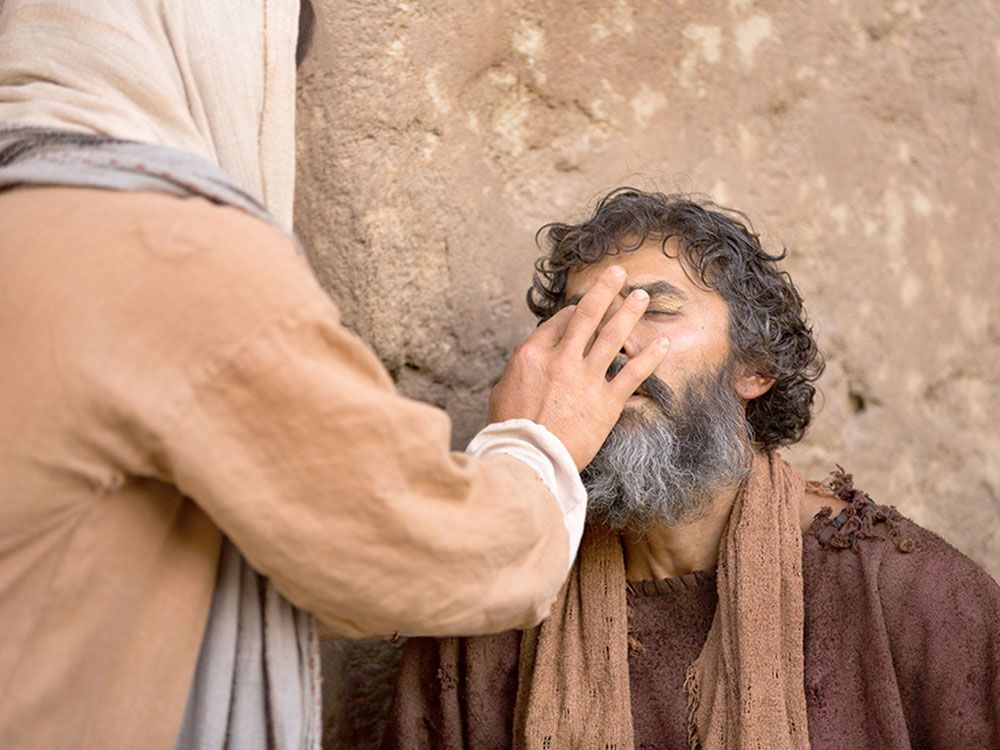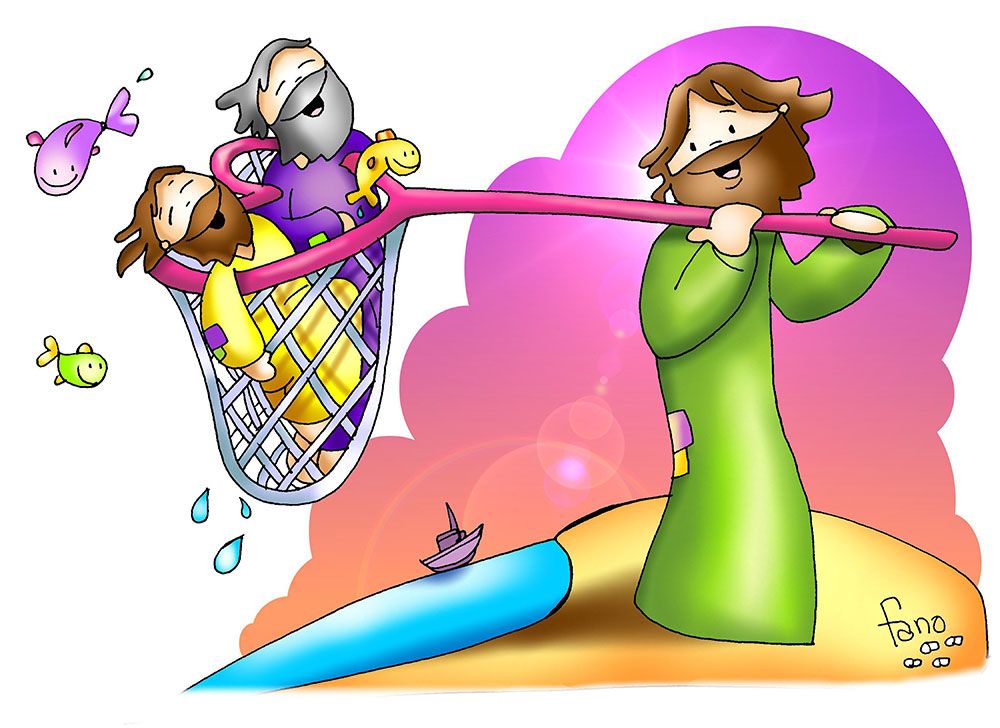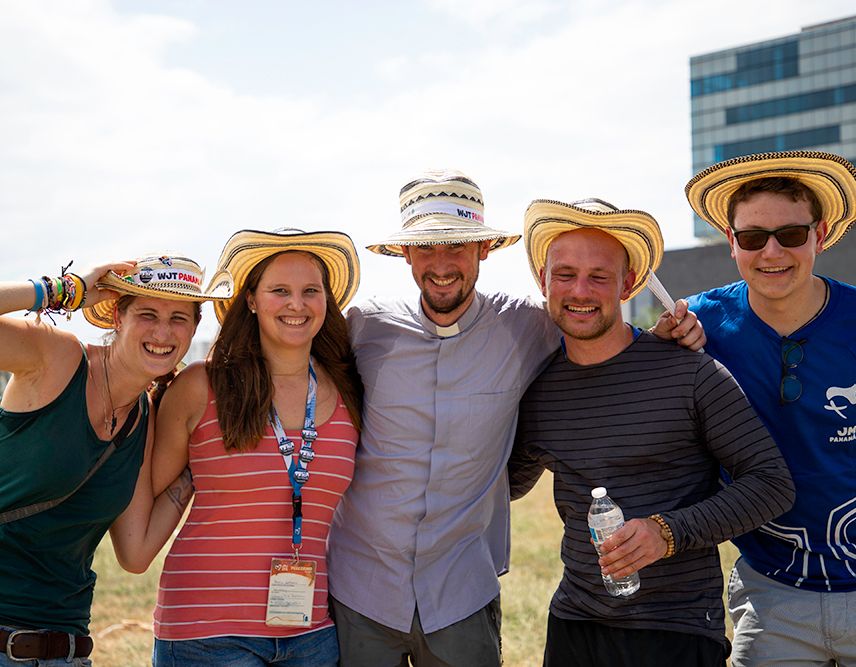These days, I was reviewing the first Kung Fu Panda movie (2008, directed by John Stevenson and Mark Osborne) and I found myself wondering how this animated film records the challenges of vocational discernment and living journey. The huge, gluttonous panda, Po, has a dream of being a great Kung Fu warrior. On his horizon are the examples of the warriors who are trained daily to defend the village. However, despite his great eagerness to live his dream, Po does nothing but eat and wait tables in his father’s restaurant.
I will not narrate the plot of the film here, but it will be important to advance two fundamental points: the first refers to the fact that Po only enters into vocational discernment when he goes to the meeting and allows himself to be accompanied and guided by the great Kung Fu Master. The second point refers to the way Po responds to the difficulties and to his father’s refusal to let his son go down that path. Being ready to give up, Po realizes that he is not alone in this struggle and that if he is entrusted with the mission, then he just needs to believe, embrace, and live his vocation.
Prisoners Of Virtual Reality
With more serious language, Pope Francis speaks of these dilemmas and difficulties along the way, stating that “today we can recognize that ‘we fed ourselves on dreams of splendor and grandeur, and ended up consuming distraction, insularity, and solitude. We gorged ourselves on networking and lost the taste of fraternity. We looked for quick and safe results, only to find ourselves overwhelmed by impatience and anxiety. Prisoners of virtual reality, we lost the taste and flavor of the truly real’” (Fratelli Tutti, n. 33).
The illusions are many. Around every corner, there is the desire to be a superhero without effort and without needing anyone. This thought, more or less conscious and assumed, leads to two possible perspectives, neither of which leads to the path of vocational fulfillment.
One leads to isolation and loneliness, making life’s difficulties appear as insurmountable problems, leaving no room to truly welcome and live one’s vocation. The other one leads to a growing spiral of selfishness.
In fact, when we think that we don’t need anyone, then we tend to look at others as inferior and disposable beings. In this case, not only are we prevented from realizing and fulfilling our vocation but we are also blind to the reality that surrounds us and to our own humanity. These two cases appear as “dead-end roads” and closed doors to the full realization of life.
On the road of life, no path succeeds in isolation, so we must overcome the barriers of fear and selfishness and dare to go further. As the Pope warns, “in today’s world, the sense of belonging to a single human family is fading, and the dream of working together for justice and peace seems an outdated utopia. What reigns instead is a cool, comfortable, and globalized indifference, born of deep disillusionment concealed behind a deceptive illusion: thinking that we are all-powerful while failing to realize that we are all in the same boat. This illusion, unmindful of the great fraternal values, leads to “a sort of cynicism. For that is the temptation we face if we go down the road of disenchantment and disappointment… Isolation and withdrawal into one’s own interests are never the way to restore hope and bring about renewal. Rather, it is closeness; it is the culture of encounter. Isolation, no; closeness, yes. Culture clash, no; culture of encounter, yes” (Fratelli Tutti, n. 30).
To live one’s vocation is daring to accept setting out on a journey, going to those who can accompany us and guide us on the journey, and responding with hope in the face of difficulties. On this accompanied journey to the urgency of vocation, there has to be an “urgency of response.”
It is not something that can be put off forever or decided in a moment of anger as an escape from adverse situations! Vocational responsibility implies making a conscious and accompanied discernment. In this case, what is at issue is not “being easier” and not even what “is best for everyone.”
Rather, the important thing here is to see beyond circumstances and illusory dreams, discerning who we are and whom we dream of being. This is a path that knows no shortcuts so there is no point in living anxiously with anticipation for everything to happen from one day to the next. Vocation is not something that can instantly be fulfilled in one day. Vocation is realized as we live it out.
The mark of hope nourishes the discernment and the vocational journey. God is present there and so is the integrality of the human being. Thus, the moments of anguish and difficulty will not have a response full of despair but a response that will always be full of hope.
Example Of Mary
A good example of a vocation that is “hurried” but not desperate is that of Mary. She is an ultimate example of a “hurriedly” full of hope! In fact, it is not by chance that the upcoming World Youth Day has this motto: “Mary got up and went in haste” (Luke 1:39). In a simple way, the motto speaks of this vocational urgency to get unstuck and not waste time, neither looking at the difficulties nor living the illusion that one can do everything alone.
Following Mary’s example, young people from all over the world share the official prayer of the day by committing themselves, praying: “We will go in haste, without distraction or delay, but rather with readiness and joy. We will go serenely. The official prayer emphasizes Mary’s attitude toward her cousin Elizabeth’s situation. Mission/vocation goes far beyond immediate difficulties, fears, and any sign of selfishness.
With Mary, we learn that in vocation we live “the serenity of urgency.” To dare to respond in haste to one’s vocation, without entering into a logic of exacerbated anxiety, is to set foot on the road, with weight and measure: it is not a matter of not paying attention to what is going on around us and “doing what we want,” but, aware that life is much more than “seeing the days go by,” to go in haste to meet the one who can accompany us and guide us on the road. This is a step that has to happen without delay. Otherwise, we will always be in the anguish of “I’ll have to do this,” “one day…”, “I’d like to, but…”
Without “Pausing”
In a hurry, we have to take steps, aware that serenity is always lived with the restlessness of enthusiasm, joy, and even doubt. We are not alone so why postpone life? Why anguish about what might be or end your days thinking about what could have been? The present-mindedness of vocation is the keynote and the ideal time for the fullness of life. It is not by chance that “today” is called “present.” This is a gift that we dare to receive without fear and without “pausing.” After all, “if God is for us, who can be against us?” (Romans 8:31).

